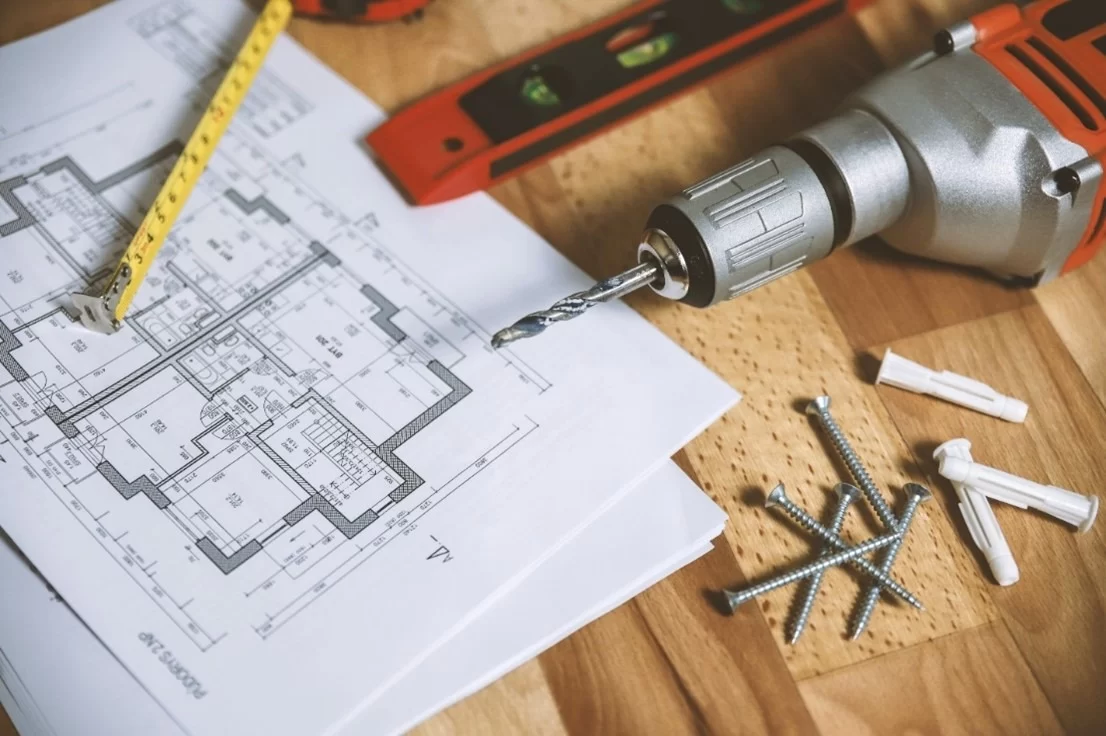Can’t wait to close on that house purchase? Don’t show haste when in the market for your dream house.

Buying a home will be one of your most important financial decisions, and you must make this decision after careful consideration to avoid making expensive mistakes.
As a first-time buyer, you are more vulnerable to pitfalls of the real estate industry, especially if you don’t know the complete ins and outs of home buying. Given the complexity and stakes involved, it’s natural to stay vigilant.
The first rule for home buyers is to take it slow and consider their priorities and options before closing a deal. Consider your needs and requirements and know what you want before starting your property search.
Although you don’t have to be a walking real-estate encyclopedia to buy a home, you need to know your essential requirements and the workings of the market. Before buying your dream house, keep scrolling to learn the four most-essential things you should know.
1. It’s Better to Work With a Real Estate Agency
Despite the ease of searching for a house online, working with a real estate agent can make a huge difference in the final decision. As a first-time homebuyer, the best way to go about your home search is to consult a real estate agency. They’ll inform you about all the homes for sale in your desired area and support you throughout your journey to buying your dream home.
A real estate agent’s expertise in negotiating deals and getting buyers the best possible home price is invaluable. They will be able to tell whether a house is priced reasonably, too expensive, or even too cheap compared to others in the area.
Your real estate agent is there to help you get the best possible deal so that you may enjoy the financial rewards of homeownership. A real estate agent understands the monetary value of various property characteristics and how those values change over time. So, their expertise can help you make an informed decision that will benefit you over time.
Read Also:
2. Do your Homework
When looking for a new place to call home, it’s essential to research everything about your prospects. It includes keeping tabs on the home’s rental and potential resale value. The rental and resale value is necessary not only for those who want to resell the property or put it up for rest but also for people who see themselves living the rest of their life in that property.
Although it’s important to listen to what your heart wants, it is equally important to consider the long-term returns before making a final decision on a house. Knowing the ins and outs of the neighborhood is essential. Consider the volume and direction of traffic and proximity to main highways while determining a potential location.
Get in touch with the developer to learn more about the area’s current infrastructure and upcoming developments, such as new schools, highways, hospitals, retail centers, etc. Research the properties’ locations, neighborhoods, and past owners online.
Inquire locally about the specifics of these homes from those who live in the area. Doing so may help you determine whether a particular property satisfies your criteria and exclude those who don’t meet your standards from further consideration.
3. Make a List of Your Requirements
Every city has a unique community with its own characteristics. Where you wish to settle down depends on your lifestyle preferences. If you must drive, ask yourself how far you’re willing to travel. Furthermore, consider what facilities you’d want to have in the area and where you would rather live, in a peaceful suburb or a vibrant district with plenty of nearby dining options.
Another piece of advice is to avoid getting caught up in superficial flaws like scuffed paint or peeling wallpaper. Look at the bigger picture, such as the wiring, water lines, mold or mildew in the basement, or enough storage space.
If you don’t pay attention when buying, you’ll have to fix such issues later, which will cost extra money. While it’s true that not everyone can find their dream home within their budget; however, many others do. Make a list of everything you’re looking for in a new home and use it to evaluate your prospects.
4. Look at the Price Point
Remember that the amount you pay at closing is just one part of the total homeownership cost. Do factor in all the expenditures before committing to a property. Most buyers fixate heavily on the cost of cabinets, countertops, and appliances while overlooking remodeling expenses such as adding more space and restructuring, among others.
Moreover, the cost isn’t limited to renovations; maintenance is also included. The care of amenities like pools, sophisticated heating, air conditioning systems, and outbuildings are expenses to consider. Plus, if you’re considering buying a property with significant repairs to be done, you should also take into account the associated expenditures to determine whether the property is affordable.
Depending on your area, insurance, HOA dues, and real estate taxes may soon become a significant portion of the monthly mortgage payment. Finally, make sure you’re comparing similar properties; a low price-point property with but a hefty fee might end up costing you more than an expensive property with lower prices. Similarly, an affordable house with heavy taxes could end up costing you more than a costly place with lower taxes.
Conclusion
Buying a home involves more than just hard cash; it’s also a significant life decision. Before making a final buying decision, asking yourself all the important questions is crucial. You should check the house’s age, characteristics, and condition before purchasing it.
Investigate the area and be ready to make some sacrifices to land a good deal. Purchase a home within your financial means and devise a strategy for your long-term living. Consider the above-discussed points before making your final decision, and good luck with your home search!










